According to a new report, the global spending in Islam-inspired ethical consumption sectors will increase by 45%, reaching $3.2 trillion by 2024.
The report titled “7th Annual State of the Global Islamic Economy” was compiled by Dinar Standard, a US-based research and advisory company.
As per the report, Malaysia, the UAE, Bahrain, and Saudi Arabia have dominated the Global Islamic Economy Indicator rankings. Indonesia has improved significantly by jumping five places to 5th position from last year’s 10th. Pakistan ranks 8th ahead of Kuwait and Qatar in the Global Islamic Economy Indicator rankings.
The Global Islamic Economy Indicator Rankings cover 73 countries and focus on 49 various metrics like governance, supply, and demand from 7 different sectors. These sectors are Islamic finance, halal food, modest fashion, pharmaceuticals, cosmetics media and recreation, and Muslim-friendly travel.
Malaysia is ranked 1st in Islamic finance and Muslim-friendly travel sectors. The remaining five sectors are dominated by the UAE. Islamic finance is the biggest sector at $2.5 trillion and Halal food is the second biggest sector, valued at $1.4 trillion last year.
Sultan Al Mansouri, Minister of Economy and Chairman of the Dubai Islamic Economy Development Centre, said:
The UAE’s consistent rank among the top three in the Global Islamic Economy Indicator year after year is a key outcome of the Dubai: Capital of Islamic Economy initiative and its positive impact on the nation’s economy.
In 2018, the spending of Islamic economies in six sectors excluding Islamic finance increased by 5.2%. During the next five years, the spending is projected to increase at a compound annual growth rate (CAGR) of 6.2%.
The report predicts a CAGR of 5.5% in the Islamic finance sector. At this rate, the Islamic finance sector will reach $3.4 trillion in the next five years.
The investment in the top 18 Islamic economies grew by 400%. A total of 63 investment deals worth $1.2 billion were signed last year. The halal food sector saw 54% of the investment while the Islamic finance sector received 42% of the total investment. The remaining 4% was made in the other five sectors.
Countries in the Organization of Islamic Cooperation (OIC) can add 3% to their GDP by fulfilling the global demand for Sharia-compliant and halal products.
The report highlighted the large Muslim population, increased wealth, digital connectivity, religious affinity, and ethical consumerism as the driving forces behind the Islamic economy.
The detailed rankings across different sectors are:
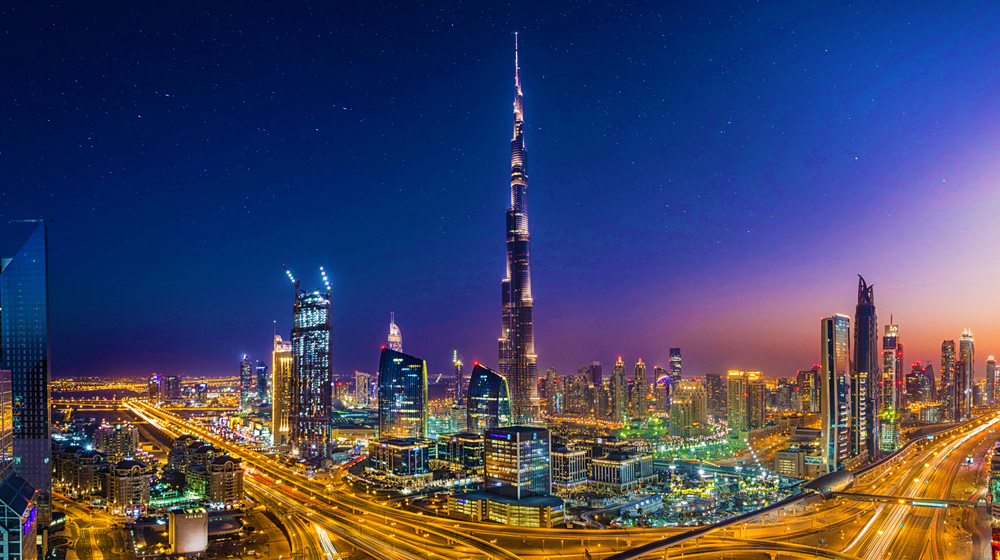
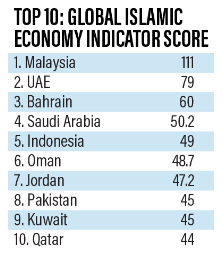
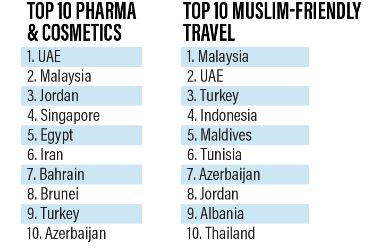
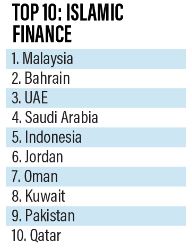
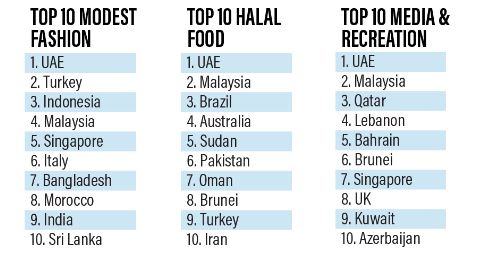

























Because of this mindset we will never progress. We need to stop defining ourselves separately by religion. We all need to keep religion private and consider every human being around the world as equal. Act unified and make this world a better place for everyone.